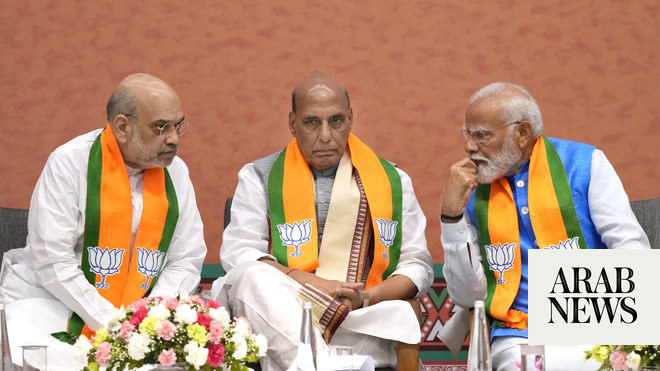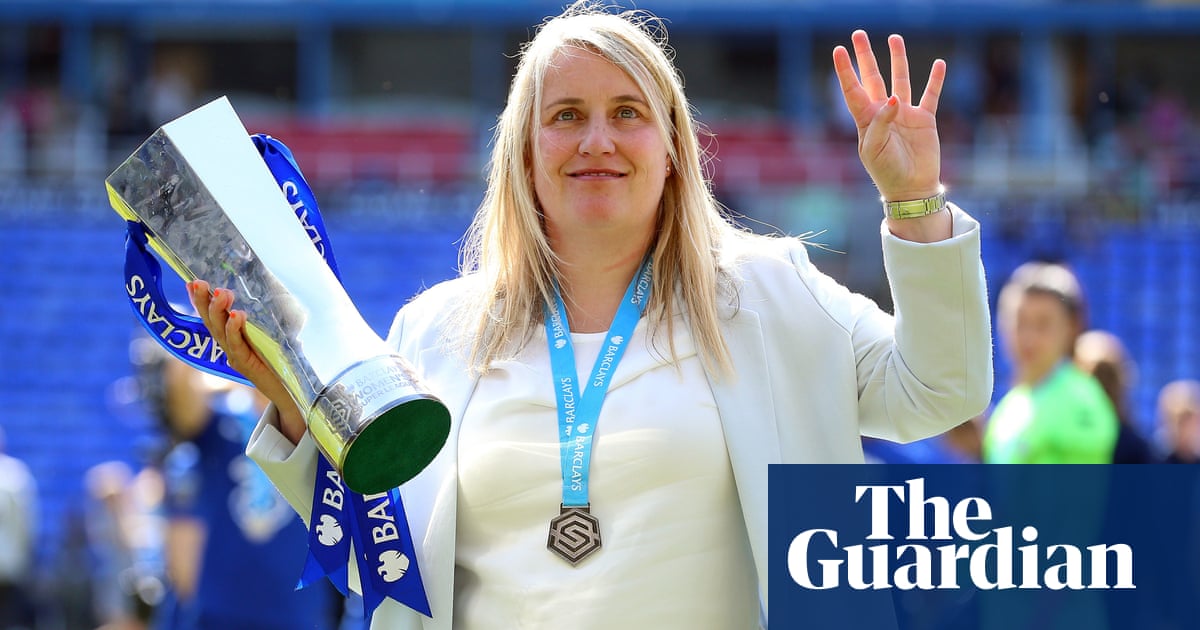
Next 25 years an ‘auspicious period’ to achieve new levels of prosperity, says PM
NEW DELHI: As India marked its 75th Independence Day on Sunday, Prime Minister Narendra Modi pledged to take the country to greater heights, with new levels of prosperity, world-class modern infrastructure and access to quality facilities in the next 25 years.
“We should not wait for that long to meet our goals. We must set out for this immediately,” Modi said in his Independence Day speech to the nation from the ramparts of the historic Red Fort, built by the Mughals in the 17th century, in the capital New Delhi.
Marking the next 25 years as “amrut kal,” or an auspicious period, he said that India would “transform itself and gain new heights.”
Some of the measures include launching a 100-trillion-rupee ($1.35 trillion) national infrastructure plan, called “Gati Shakti,” to generate jobs and widen the use of cleaner fuels to achieve the country’s climate goals.
While Modi did not announce details of the plan, he said that it would “help local manufacturers compete globally.”
“We will launch a master plan for Gati Shakti, a big program ... (it) will create job opportunities for hundreds of thousands,” he said.
India gained independence on Aug. 15, 1947 after the British ended their 200-year long rule in the Indian subcontinent, dividing it into two separate nations, Muslim-majority Pakistan and Hindu-majority India.
The prime minister underlined that to realize India’s potential, every individual needs to “work with the motto: Sabka saath, sabka vikaas, sabka vishwas aur sabka prayaas (together with all, development of all, trust of all and effort of all).”
HIGHLIGHT
Some of the measures include launching a $1.35 trillion national infrastructure plan, called ‘Gati Shakti,’ to generate jobs and widen the use of cleaner fuels to achieve the country’s climate goals.
“We have to achieve all our resolves through ultimate valor and hard work,” he said. “This is the time, the right time. We should change ourselves according to the changing world.”
He further stressed the need to ensure that “the quality of access to facilities are not different in urban and rural areas.”
“The government should not impede the public and the country should have modern infrastructure which is no less than world standard,” he added.
Experts, however, said that India’s “biggest challenge” remained its “rising inequality.”
“The divide between the rich and poor, even between the middle class and rich, has grown unexpectedly wide, and it is unsustainable, and it has to change,” Sudheendra Kulkarni, a Mumbai-based public intellectual and political expert, told Arab News.
He also highlighted the “institutional weakening” of the Indian democracy in the past few years.
“India remaining a democracy is an achievement. But the foundation of democracy is becoming weaker and the institutions of democracy are under attack,” Kulkarni, former adviser to Atal Behari Vajpayee, the first prime minister of the ruling Bharatiya Janata Party (BJP) government, added.
On Modi’s all-inclusive efforts for nation-building, Kulkarni said: “There is a big gap between what Modi says and does.”
“The slogan together with all, development of all, trust of all are high-sounding words which are not seen in the way the government and the ruling party functions,” he added.
Since assuming power in 2014, Modi has been accused of polarizing the country with his divisive politics and alienating Muslims, the country’s largest minority, which constitutes about 14 percent of India’s 1.35 billion population.
The Citizenship Amendment Law, passed in 2019, and the proposed National Register of Citizens (NRC), an exercise to identify “genuine citizens” of India, are the latest examples cited by most Muslims who blame the government for its discriminatory tactics.
Kulkarni says that both the government and the ruling BJP “thrive on dividing societies on electoral gains,” adding it was unfortunate that despite 75 years since gaining independence, India has yet to normalize relations with two of its high-profile neighbors — Pakistan and China.
“The border issues with our two countries remain unresolved. This cannot be resolved through military means. War is not a solution. Therefore, India and our neighbors have to find a peaceful way to resolve problems through dialogue and mutual compromise,” he said.
Delhi-based entrepreneur, Jitendra Dogra, disagrees with Kulkarni’s criticism of Modi’s speech, teaming his endeavors as “forward-looking and nationalistic.”
“By calling upon the country to make a new effort to achieve the goal of making India a prosperous nation, the PM is demonstrating how forward-looking he is,” Dogra told Arab News.
“India needs to do more to realize its potential, and Modi understands the aspirations of India and its desires.”












